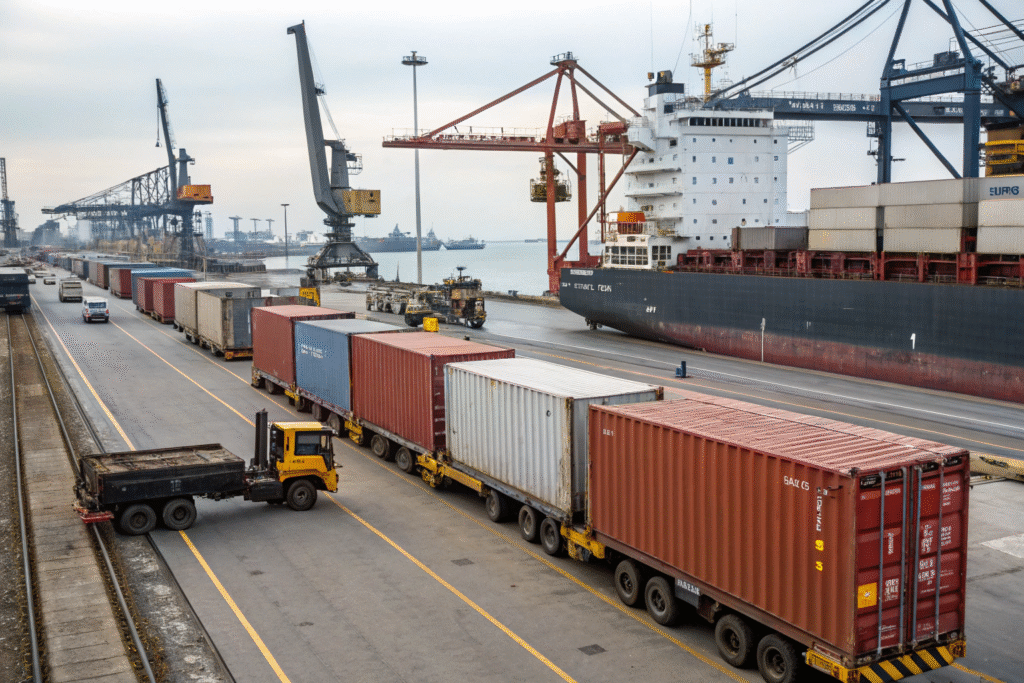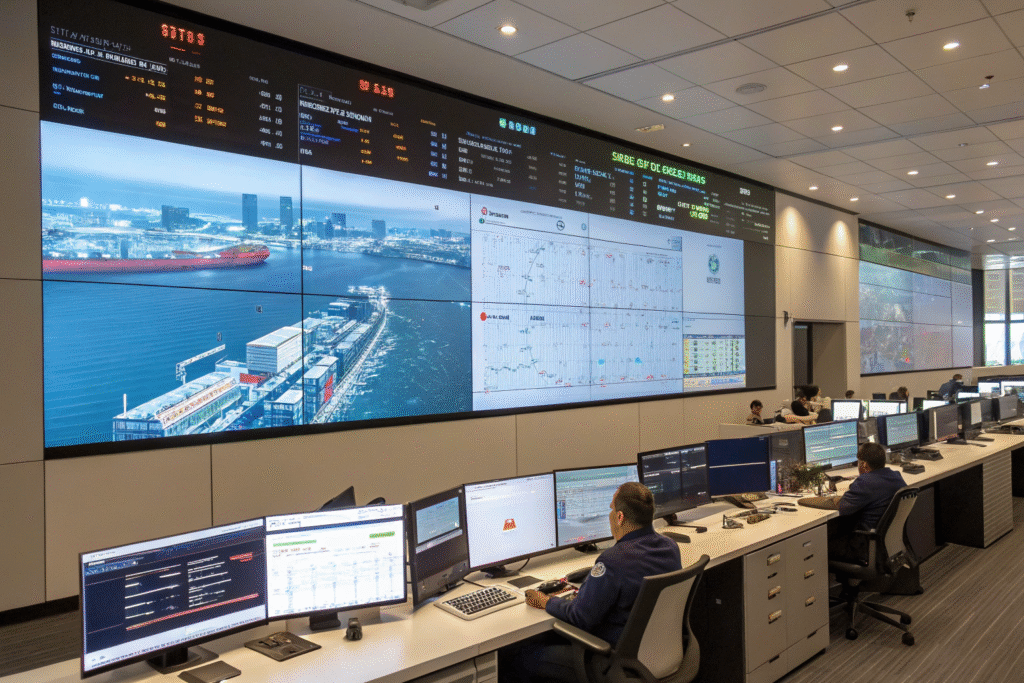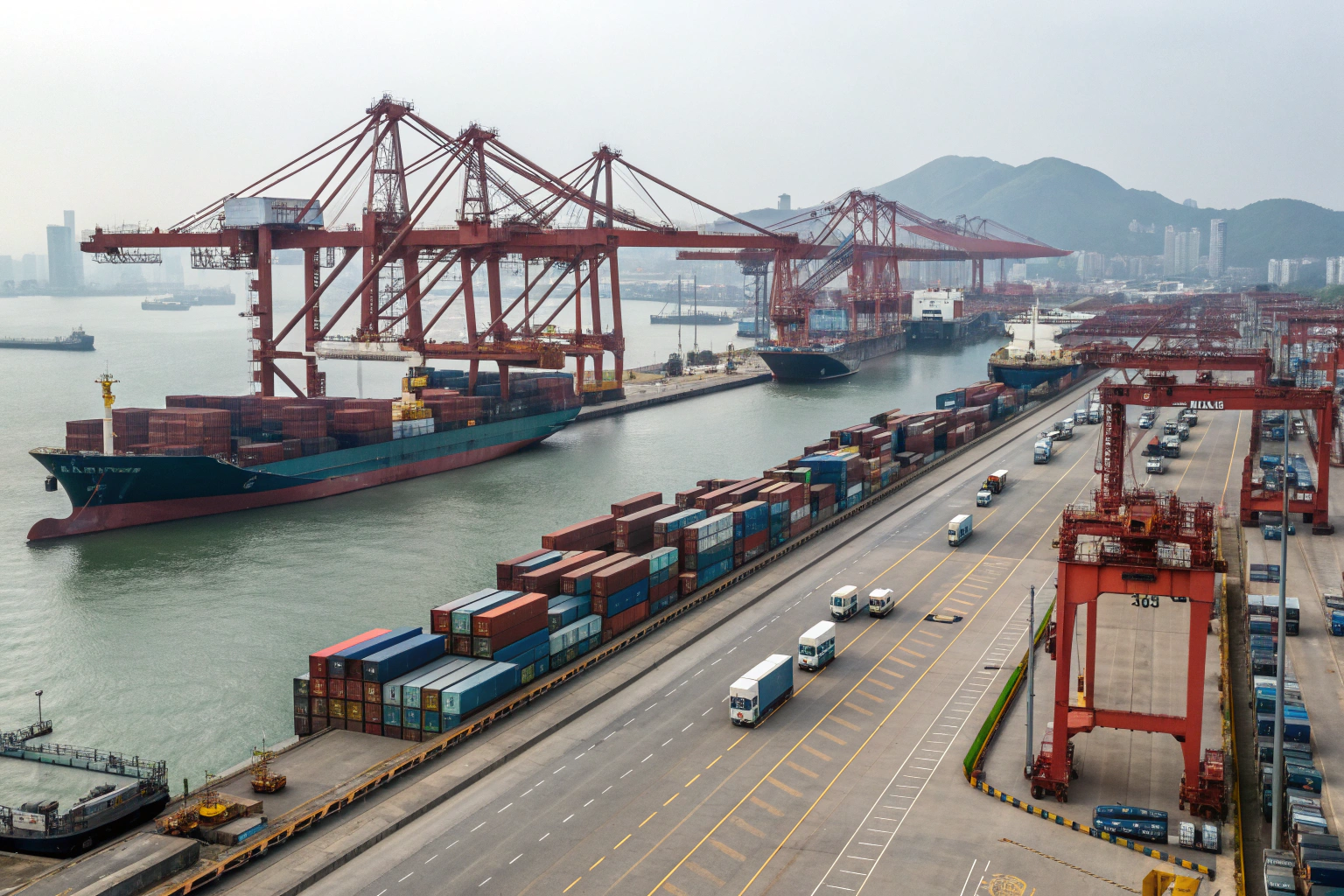Every year, peak season—whether before Christmas, Chinese New Year, or back-to-school—pushes the global logistics system to its limits. Importers face rolled cargo, delayed flights, and trucking shortages, all of which translate into higher costs and dissatisfied customers.
Avoiding delays during peak season requires proactive planning, flexible routing, strong partnerships, and the use of both digital tools and academic supply chain principles.
As a freight forwarder in China with academic expertise in supply chain management, I have seen how theory and practice intersect: resilience strategies from research are directly applicable to real-world shipping. Let’s examine the methods that help importers secure reliability in high-demand periods.
Why is early booking the most effective strategy?
When demand exceeds supply, space becomes the most valuable resource. During peak season, carriers prioritize early bookings and forwarders who manage large volumes.
Booking shipments 4–6 weeks in advance guarantees space, reduces exposure to rate spikes, and creates predictability.

How far in advance should importers plan?
Carriers such as Maersk recommend securing space weeks ahead of Golden Week or Christmas. Academic research on demand forecasting shows that early commitments reduce exposure to capacity shocks.
Why does this lower freight costs?
According to Freightos, last-minute bookings can cost double compared to early ones. Forwarders negotiate contracts in advance, passing savings to shippers who plan strategically.
How does flexibility reduce peak season risks?
Rigid supply chains break under stress. Flexibility—using multiple routes, carriers, and transport modes—is one of the strongest defenses against congestion.
Diversifying transport modes and routes helps bypass bottlenecks.

Why is route diversification essential?
When the Port of Los Angeles suffered severe congestion in 2021, forwarders shifted cargo to East and Gulf Coast ports. Academically, this is the redundancy principle in supply chain resilience theory.
How do alternative modes help?
The China-Europe Railway Express provides faster transit than ocean when sea lanes are blocked. Air freight, although costly, ensures urgent deliveries arrive on time. These multimodal options give importers flexibility during disruptions.
Why are partnerships with freight forwarders crucial?
Relationships matter more during peak season than at any other time. Freight forwarders with established carrier partnerships can secure space even when ports are overwhelmed.
Forwarders provide leverage, priority handling, and constant communication with carriers and customs.

How do forwarders create advantages?
Global forwarders like Kuehne+Nagel manage large container volumes, which gives them stronger bargaining power. Smaller shippers benefit by accessing this leverage indirectly.
Why does information visibility matter?
In academic supply chain models, information sharing reduces uncertainty. Forwarders maintain direct contact with carriers and customs, ensuring importers receive real-time updates on space, delays, or policy changes.
How can technology improve peak season performance?
Technology enhances forecasting, transparency, and decision-making. With digital tools, importers can track shipments and predict bottlenecks.
Real-time visibility and predictive analytics help businesses act before disruptions escalate.

Which platforms provide visibility?
Tools like CargoSmart and FourKites give shippers live updates on container positions and estimated times of arrival.
Why is predictive analytics critical?
Academic research shows predictive analytics reduces uncertainty by modeling congestion risk. Combining AI-driven insights with forwarder expertise ensures shippers adapt quickly and avoid unnecessary delays.
Conclusion
Peak season delays are not inevitable. By applying both academic supply chain theories and practical freight forwarding strategies, businesses can strengthen resilience. Early booking, flexible routing, trusted partnerships, and digital platforms form a comprehensive defense against seasonal congestion.
From my professional experience and academic research, I know that supply chain resilience depends on preparation, visibility, and collaboration. Importers who invest in these strategies not only survive peak season—they outperform competitors by delivering reliability when it matters most.









